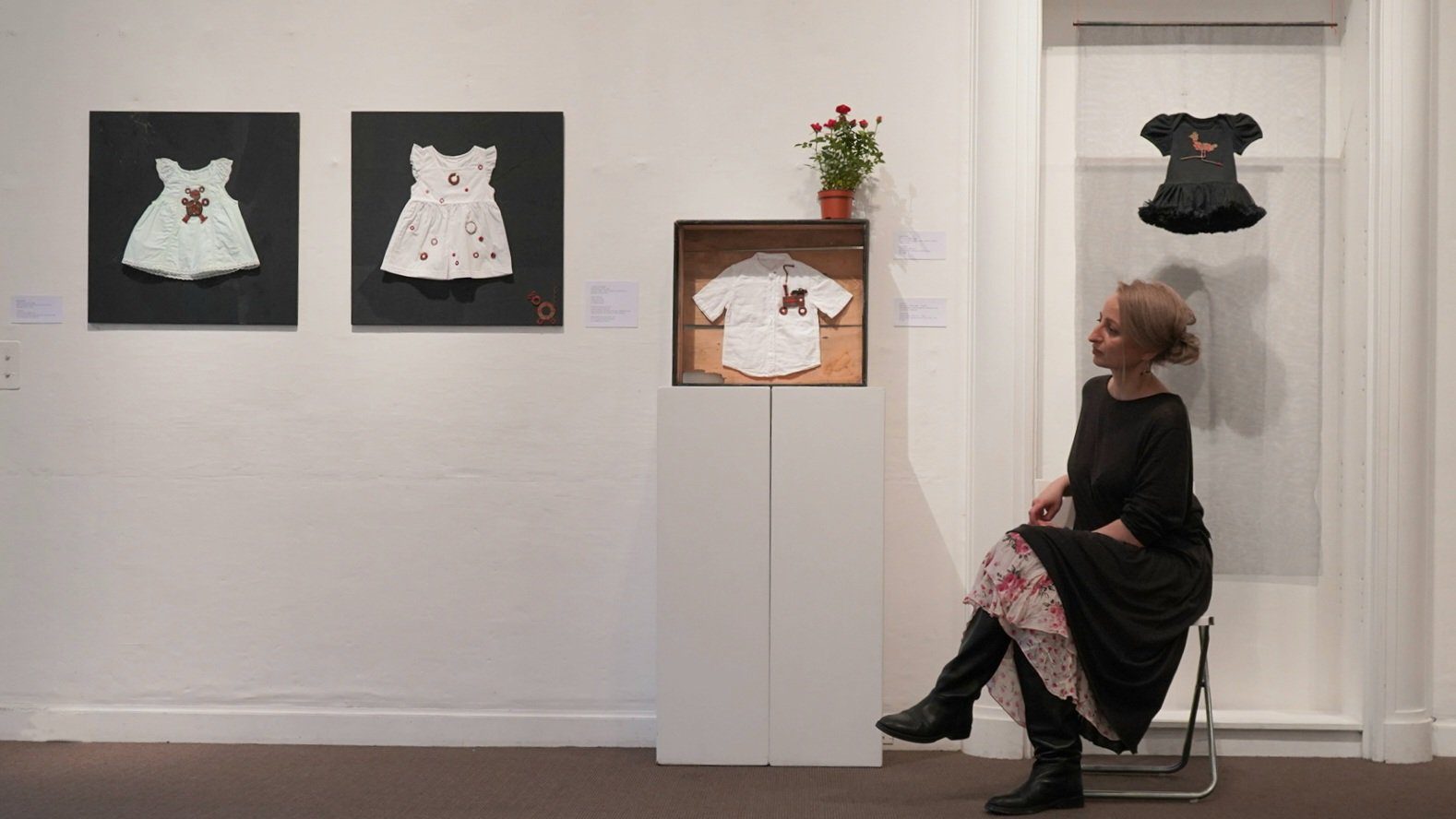This post is also available in: Bosnian
By Aida Alic, Sarajevo Andrej Nosov is President of the Youth Initiative for Human Rights, YIHR. See www.yihr.org; the Days of Sarajevo festival in Belgrade is to be held from May 14 to 17; see www.danisarajeva.com)
Q: This is the third time in a row that the YIHR is organizing the annual art fest, Days of Sarajevo in Belgrade. How did it all start?
A: Originally we wanted to call it a Sebilj fest, because Sarajevo donated a Sebilj (a kiosk-like public fountain) to Belgrade just before the war. However, it seemed that we needed a more standard and familiar form, while keeping the original symbolism. In that way we were able to recall what had happened before the war and during the siege, as well as the issue of the victims and our responsibility to future generations.
With the help from a few enthusiastic people, we now have a serious cultural event that should be able to improve relations between Belgrade and Sarajevo. Every year it reminds Belgrade citizens of the siege that began in May 1992. We recognized art as an excellent mechanism for creating new relations and talking about the past.
Q: Have you faced any problems during the past festivals and, if so, what kind? Are you expecting problems this year?
A: Of course, we faced pressures but this reflects our social situation. Its our responsibility, as young and accountable people to strive to change the society in which we live. The fact that we still have potential problems and incidents pertaining to regional cooperation is sad.
Q: This year, for the first time the festival has the support of Belgrade City administration. How important is it for you to have this official institutional support?
A: The support of institutions is very important, because, if we continue playing a marginal role and fail to do anything to change the situation in institutional terms, we shall just become another lost generation, like many others before us.
Q: Does this mean that Belgrade is ready to see what happened in Sarajevo in the Nineties?
A: We should note the difference between Serbian foreign policy and the city policy, which is closer to ordinary people. People are willing to talk, listen and see. This is particularly the case when it comes to young people.
We keep looking at photos of those hooligans vandalizing Belgrade, carrying Mladics photo, while shouting that he is a hero. But isolation and nationalism have also brought forth new generations who are very critical and have a different attitude towards the legacies of the past. This means progress has been made, even though the political establishment still refuses to take full responsibility for tackling the past.
Q: What were the initial reactions to this Festival in Serbia and what reactions do you get today?
A: From the start young people, who are the target audience of our Festival, saw the Festival as a true hit and an opportunity to open up the city to new things. Some old human rights fighters, activists and some brave people who resisted the forces of evil in the Nineties, criticized us for being too soft for avoiding wartime topics and for failing to tackle the crucial things. I know that many young people who came to the Festival were surprised to see that we were talking about the siege of Sarajevo. Some of them asking when did it happen?
Q: Is Serbian society interested in familiarizing itself with Sarajevos wartime history?
A: In general, Serbia is not interested in wartime history. This is particularly so when those stories controvert the myths about our heroes such as Mladic, Karadzic and others. However, one can see some changes. They are small and insufficient, but they are happening.
The siege of Sarajevo is a shame. Avoiding any talk about it for ten or more years is so awful that I believe future generations will rightly ask us whether there was anybody who had a different vision of Serbia. It is of the


